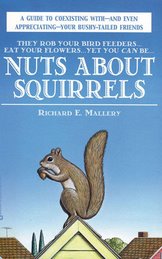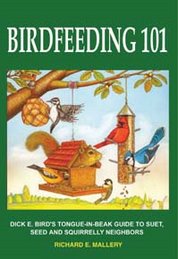
LONDON—British conservationists launched a campaign to save the country's native red squirrels against their disease-carrying, food-stealing and bigger grey cousins from North America.
Grey squirrels were introduced to Britain in the late 19th century and now outnumber Red squirrels 66 to 1. The smaller reds are now rarely seen outside northern England and Scotland. So conservationists are taking a hand. Red Alert North England, which includes representatives of wildlife trusts, the Forestry Commission and landowners, is focusing on creating 16 red squirrel reserves across the forests of Northumberland, Cumbria, Yorkshire and Merseyside in northern England.
Richard Pow, chairman of the group, said: "We will be combining their resources and expertise to try to ensure that this extraordinary creature survives in England into the next century," Pow said."This project is a fantastic example of a wide range of organizations uniting to deliver something that I know is close to the hearts of the people of northern England," he said. The woodland reserves chosen offer red squirrels the best chance of survival. The forests will be managed to support populations of red squirrels, but care will be taken that they do not include the kinds of plants that the gray squirrels' higher energy diet demands. Grey squirrels will be relegated to "buffer zones" surrounding the reserves, Pow said, and local people will be taught how to conserve the reds in the 1 million-pound (US$1.8 million; euro1.5 million) project.
Red squirrels, immortalized by British children's author Beatrix Potter as the engaging, nut-obsessed "Squirrel Nutkin," were once common in gardens and woodlands across Britain before coming under threat from the grey variety, which steals the reds' food and carries the squirrel-pox virus.







